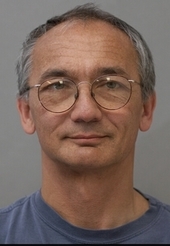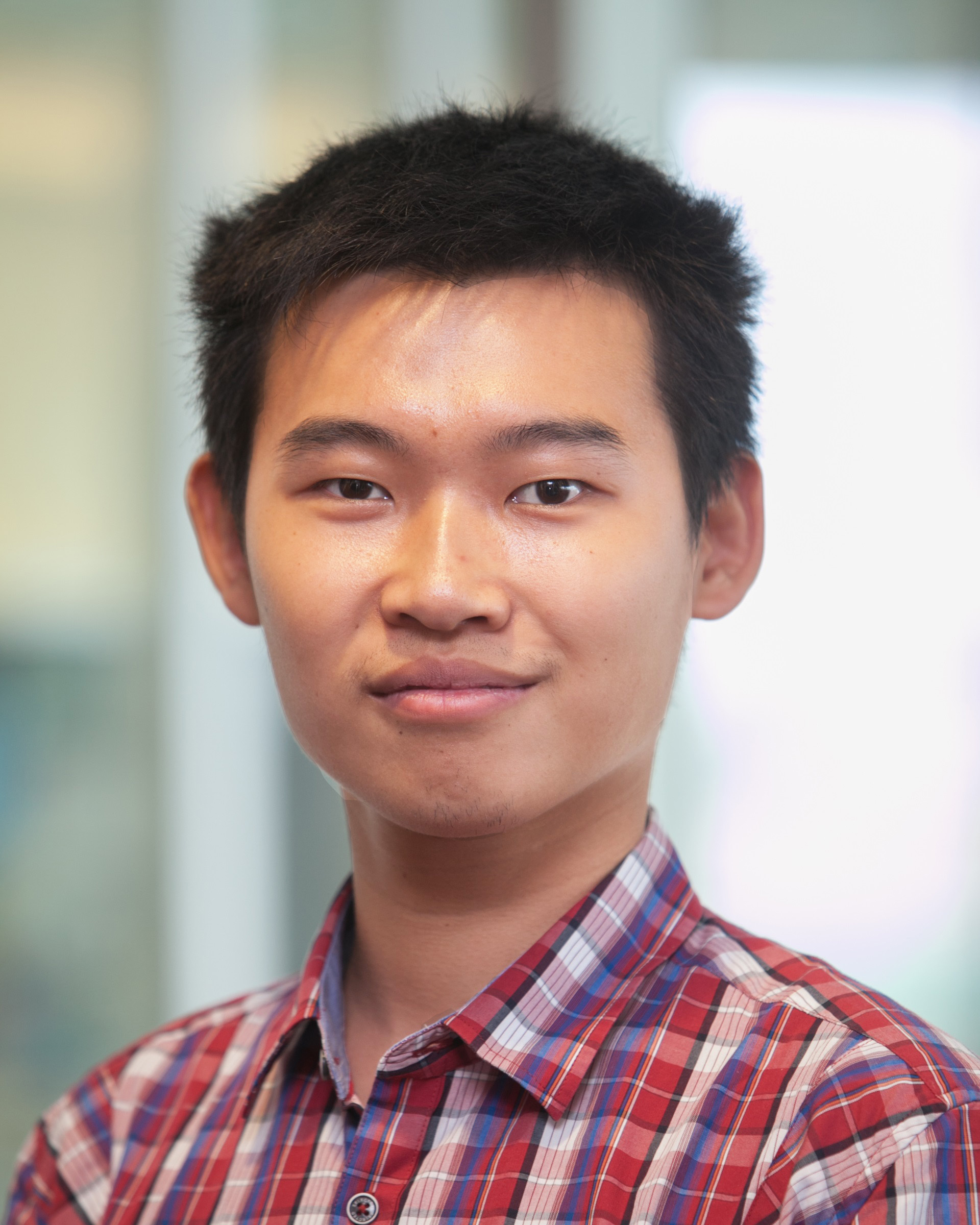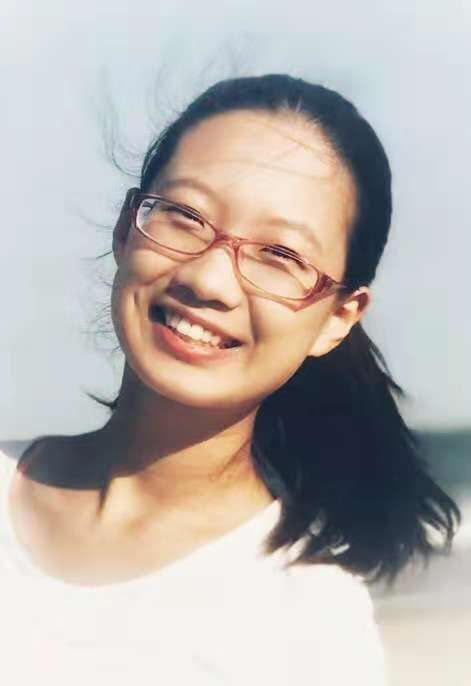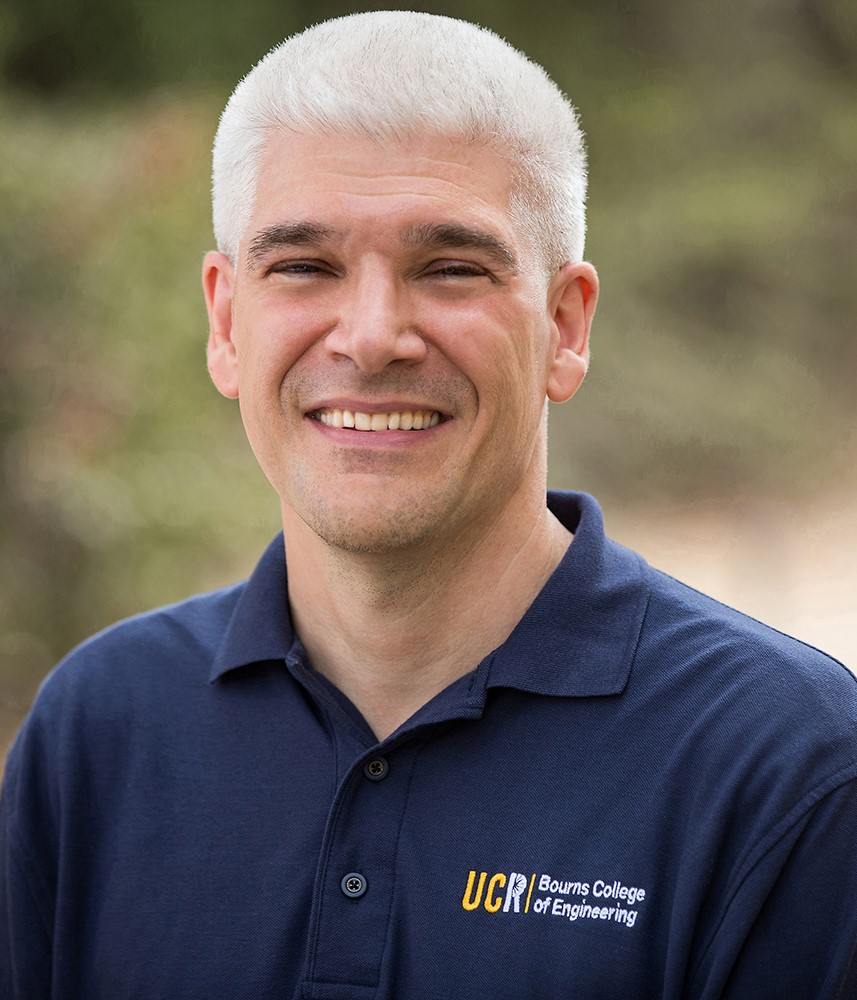

|
|
Faculty |
|

Marek Chrobak Office: Bourns Hall A159C My general research interests are in the design and analysis of algorithms, theory of computation, and combinatorial optimization. In my recent work I have been working on online algorithms, approximation algorithms, and on information dissemination protocols in radio networks. |

Tao Jiang Office: WCH 336 My research has been focused on the design and analysis of algorithms of either theoretical or practical importance. Some of my past work includes approximation algorithms, average-case analysis, computational complexity, and computational learning. My current work is mostly concerned with algorithmic and machine learning problems in bioinformatics and biomedical informatics. |
 Yan Gu Office: WCH 335 My current research interest is design efficient (usually parallel) algorithms for large-scale data with good performance in practice. |
 Yihan Sun Office: WCH 308 Broad topics in the theory and practice of parallel computing, including algorithms, data structures, frameworks, implementations, and their applications. My work involves improving asymptotical theoretical bounds, simplifying algorithms and proofs, and developing efficient solutions to real-world problems. |
 Amey Bhangale Office: WCH 312 My research interests lie in Complexity Theory. More specifically, I am interested in topics related to approximation algorithms, constraint satisfaction problems, analysis of Boolean functions and probabilistically checkable proofs. |
 Silas Richelson Office: Bourns Hall A159 My research interests are in Cryptography, Computer Security and Complexity Theory. |
 Stefano Lonardi Office: WCH 325 Research interests: computational molecular biology, bioinformatics, design of algorithms, machine learning and data mining. |
|
